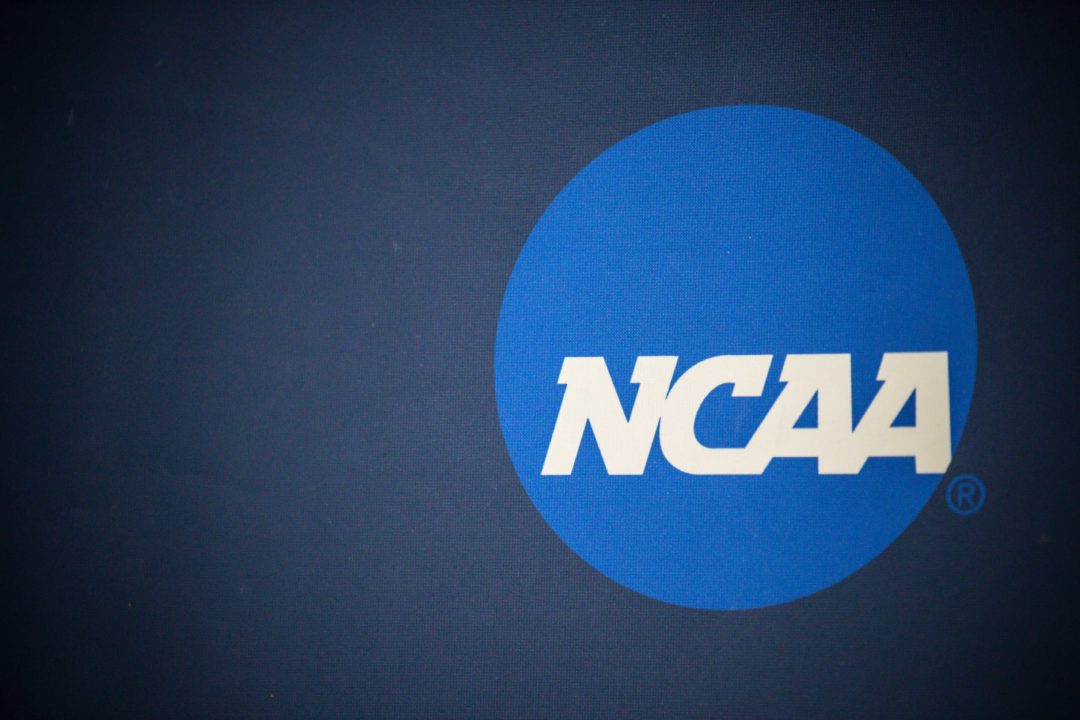The NCAA just flipped the “innocent until proven guilty” principle upside down in the name of NIL enforcement.
Known as the “NIL presumption,” the organization’s new bylaw 19.7.3 puts the burden on schools accused of violating NCAA rules to disprove the allegation or otherwise face the consequences. Enforcement staff can presume a violation occurred based on circumstantial evidence such as a news story or tip rather than on-record sourcing.
Bylaw 19.7.3: In cases involving name, image and likeness offers, agreements and/or activities in which related communications and conduct are subject to NCAA regulation, the infractions process shall presume a violation occurred if circumstantial information suggests that one or more parties engaged in impermissible conduct. The enforcement staff may make a formal allegation based on the presumption. The hearing panel shall conclude a violation occurred unless the institution or involved individual clearly demonstrates with credible and sufficient information that all communications and conduct surrounding the name, image and likeness activity complied with NCAA legislation.
The change was announced by the Division I Board of Directors last October and took effect Jan. 1. The move appears to have been born out of frustration with witness cooperation during investigations over the past year.
“There were instances in the past where there were transactions, some of them reported publicly, that seemed like they were impermissible yet for whatever reason, the infractions process couldn’t substantiate the violation,” NCAA vice president of enforcement Jon Duncan told The Athletic. “This was designed to address that, to put the burden on the school to show that what everyone believed to be a violation wasn’t. If they can, great. If not, then we’ll need to talk about it through the infractions process.
“I do think it relieves us of the obligation to have a smoking gun in every case, to have some witness on the record say exactly what happened and why, or a damning text message or video — which occasionally you get, but not very often you get,” Duncan added.
Duncan said his team will be working hard to prevent bad-faith actors from taking advantage of the new NIL infractions process.
“We know that there are folks out there who want to use the infractions process to advance their own agendas, and we work really hard to be discerning consumers of information and know that sources may have their own reasons for sharing information,” Duncan said. “We don’t want to fall prey to that.
“We don’t want to be a pawn in somebody else’s scheme,” he added. “We work really hard to test information that comes in. We’re common-sense people”
A month after the “NIL presumption” was officially adopted, still no schools have been penalized for violations. That could change soon, however, as Sports Illustrated reported that the NCAA is bulking up its enforcement staff in a sign of its tougher stance on NIL.
Potential violations include impermissible recruiting where collectives contact prospects or make agreements prior to the recruit signing with the school. The NCAA’s updated NIL policy is available in full here.

I like the one commentator who observed that the NCAA is the only business in the world who managed to get other people to pay for their labor force, and they are still mad.
Sometimes I think the NCAA wants to look stupid when they are hauled into court.
This: “We’re common-sense people” Oh my, the NCAA is the antithesis of “common-sense” people.
“I do think it relieves us of the obligation to have a smoking gun in every case, to have some witness on the record say exactly what happened and why, or a damning text message or video”
This is wild
TLDR – used chatgpt
The article discusses the NCAA’s (National Collegiate Athletic Association) recent decision to crackdown on college athletes who are found to be involved in NIL (Name, Image, and Likeness) related activities, which include endorsement deals and sponsorships. The article argues that the NCAA’s stance goes against the principle of “innocent until proven guilty” as athletes are being penalized without sufficient evidence or due process. The article also raises concerns about the fairness and effectiveness of the NCAA’s enforcement measures.
I’m reading it as the schools being punished not so much the athletes.
1) Not terribly relevant to the swimming/diving world, contrary to our dreams.
2) I have faith in the NCAA botching it anyway.